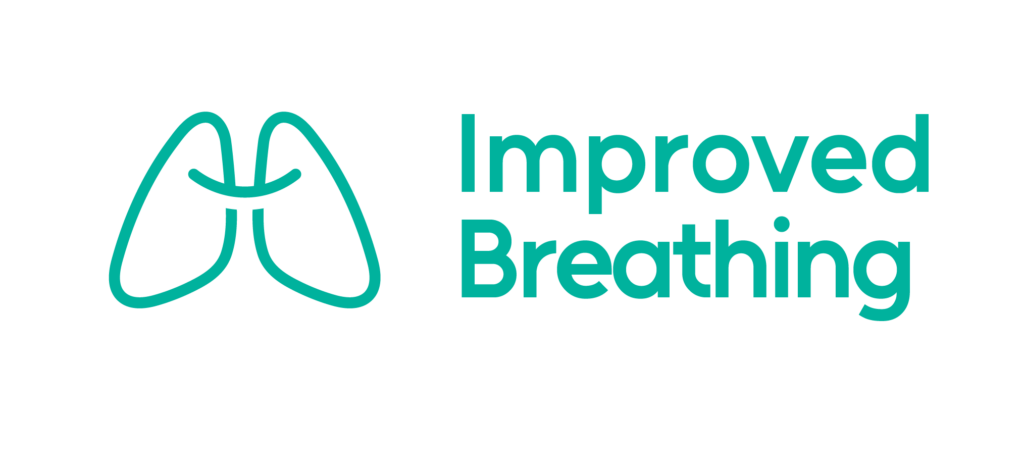For individuals living with long-term lung conditions such as Chronic Obstructive Pulmonary Disease (COPD) or emphysema, getting a good night’s sleep can be challenging. However, quality sleep is crucial for overall health and can significantly impact the management of respiratory issues. This blog post will explore practical tips to help you develop a good sleep routine, tailored specifically for those with lung problems.
Understanding the Importance of Sleep
Before diving into the tips, it’s essential to understand why sleep is so crucial, especially for those with lung conditions. Quality sleep:
- Helps your body repair and regenerate tissues
- Strengthens your immune system
- Reduces inflammation in the body
- Improves mental clarity and emotional well-being
- Helps manage stress and anxiety, which can exacerbate breathing difficulties
Now, let’s explore some strategies to improve your sleep routine.
1. Optimize Your Sleep Environment
Creating a sleep-friendly environment is the first step towards better rest:
- Elevate your head: Use a wedge pillow or adjust your bed to keep your head slightly elevated. This position can help reduce pressure on your lungs and make breathing easier.
- Control temperature and humidity: Keep your bedroom cool (around 65°F or 18°C) and maintain optimal humidity levels (between 30-50%). Consider using a humidifier if the air is too dry.
- Reduce allergens: Use hypoallergenic bedding and regularly clean your bedroom to minimize dust and other potential irritants.
- Ensure darkness: Use blackout curtains or a sleep mask to create a dark environment that promotes melatonin production.
2. Establish a Consistent Sleep Schedule
Regularity is key when it comes to sleep:
- Go to bed and wake up at the same time every day, even on weekends.
- Aim for 7-9 hours of sleep per night.
- Create a relaxing bedtime routine to signal to your body that it’s time to wind down.
3. Manage Your Lung Condition Before Bed
Taking care of your respiratory health in the evening can lead to better sleep:
- Use your medications as prescribed: Take your evening medications, including inhalers or nebulizers, as directed by your healthcare provider.
- Practice airway clearance techniques: If recommended by your doctor, perform airway clearance exercises before bed to help remove mucus and improve breathing.
- Try breathing exercises: Practice techniques like diaphragmatic breathing or pursed-lip breathing to help relax and improve oxygen flow.
4. Adopt Healthy Daytime Habits
What you do during the day can significantly impact your sleep at night:
- Stay active: Engage in regular, gentle exercise as approved by your doctor. Physical activity can improve lung function and promote better sleep.
- Avoid naps: If you must nap, keep it short (20-30 minutes) and early in the afternoon.
- Manage stress: Practice stress-reduction techniques like meditation, gentle yoga, or progressive muscle relaxation.
- Limit caffeine and alcohol: Both can interfere with sleep quality. Avoid caffeine in the afternoon and evening, and limit alcohol consumption, especially close to bedtime.
5. Create a Relaxing Bedtime Routine
Develop a calming pre-sleep ritual to help your body and mind transition to sleep:
- Take a warm bath or shower about an hour before bed.
- Practice gentle stretches or relaxation exercises.
- Read a book or listen to calming music.
- Avoid screens (TV, phone, tablet) for at least an hour before bed, as the blue light can interfere with your sleep-wake cycle.
6. Address Sleep-Related Breathing Issues
Many people with lung conditions experience sleep-related breathing problems:
- If prescribed, use your CPAP (Continuous Positive Airway Pressure) machine consistently.
- Discuss any sleep-related breathing issues with your doctor, as they may recommend a sleep study or additional treatments.
7. Manage Nighttime Symptoms
Be prepared to handle nighttime symptoms that may disrupt your sleep:
- Keep rescue inhalers within easy reach.
- Use a fan or white noise machine to help mask any wheezing or coughing sounds that might wake you.
- If reflux is an issue, avoid eating close to bedtime and consider elevating the head of your bed.
8. Seek Professional Help When Needed
If sleep problems persist despite your best efforts, don’t hesitate to seek help:
- Consult with your pulmonologist or primary care physician about your sleep issues.
- Consider seeing a sleep specialist who can provide targeted advice and treatments.
- Look into cognitive behavioral therapy for insomnia (CBT-I), which can be particularly effective for chronic sleep problems.
Final Words
Developing a good sleep routine when living with a lung condition takes time and patience. Remember that everyone’s needs are different, so it may take some trial and error to find what works best for you. Be consistent with your efforts and don’t get discouraged if you don’t see immediate results. With persistence and the right strategies, you can improve your sleep quality and, in turn, your overall health and quality of life.
Always consult with your healthcare provider before making significant changes to your sleep routine or trying new techniques, especially if you have a chronic lung condition. They can provide personalized advice and ensure that any new strategies are safe and appropriate for your specific situation.
By prioritizing your sleep and implementing these tips, you’re taking an important step in managing your lung condition and improving your overall well-being. Sweet dreams and happy breathing!














